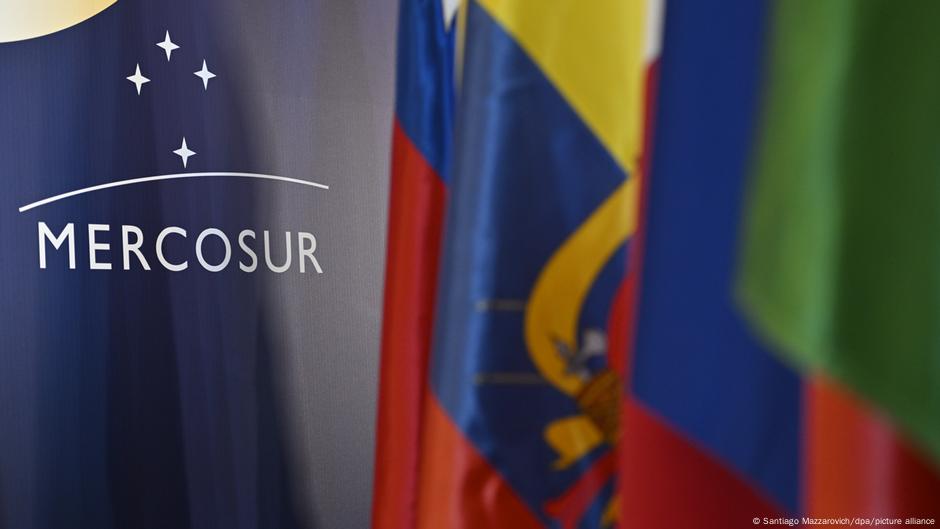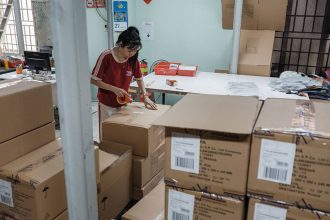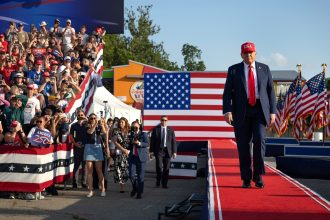On Wednesday, Mercosur, South America’s largest trade bloc, finalized a trade agreement with the European Free Trade Association (EFTA), which includes Switzerland, Norway, Liechtenstein, and Iceland. This landmark deal is expected to create a free trade area encompassing approximately 300 million individuals and a combined gross domestic product (GDP) exceeding $4.3 trillion (€3.64 trillion).
The agreement, years in the making, aims to enhance market access for over 97% of exported goods between the two blocs, driving bilateral trade and delivering benefits to both businesses and consumers. In a joint statement, the parties noted, “Both sides will benefit from improved market access for more than 97% of their exports, which will boost bilateral trade and bring benefits to businesses and people.”
Characterized as a “comprehensive and broad-based” Free Trade Agreement (FTA), this deal encompasses trade in goods, services, investments, and intellectual property rights across various sectors. One of its key measures includes the elimination of customs duties to facilitate increased trade between the regions.
The announcement came during a summit in Buenos Aires, presided over by Argentine President Javier Milei. However, the agreement still awaits parliamentary approval from member countries in both Mercosur and EFTA.
Discussions between EFTA and Mercosur began in 2015, progressing to formal negotiations in 2017, with a total of fourteen rounds of talks conducted since then. This development follows a similar agreement reached by the European Union, which includes the EFTA nations but not as members, with Mercosur late last year after 25 years of discussions. That EU deal has yet to be ratified by parliaments of all EU member states, facing pushback from nations like France and Spain over concerns regarding agricultural competition.
Edited by: Sean Sinico










